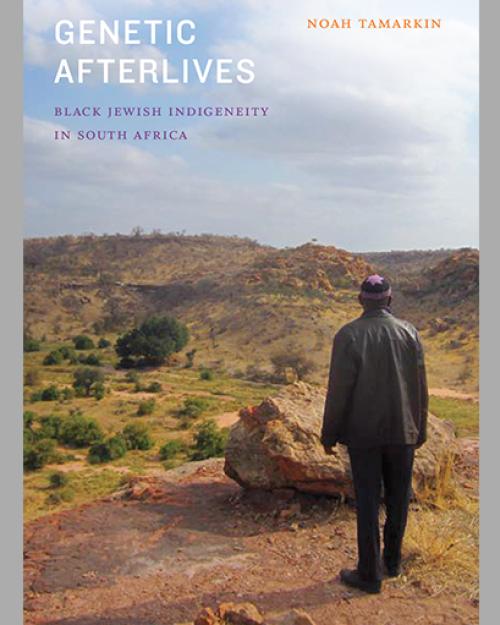Anthropologist Noah Tamarkin's book "Genetic Afterlives: Black Jewish Indigeneity in South Africa" (Duke University Press, 2020) has received the Jordan Schnitzer Book Award from the Association for Jewish Studies in the category of social science, anthropology, and folklore. His book also received a Diana Forsythe Prize honorable mention.
“Genetic Afterlives” ethnographically examines the politics of race, religion and recognition among Lemba people, Black South Africans who were part of Jewish genetic ancestry studies in the 1980s and 1990s. The book examines how the stakes of genetic data change when approached from the perspective of research subjects rather than genetics researchers.
Tamarkin is assistant professor of anthropology and science & technology studies in the College of Arts and Sciences. His research examines how DNA transforms power and politics as it becomes unevenly part of everyday life through technologies like ancestry testing and criminal forensics.




